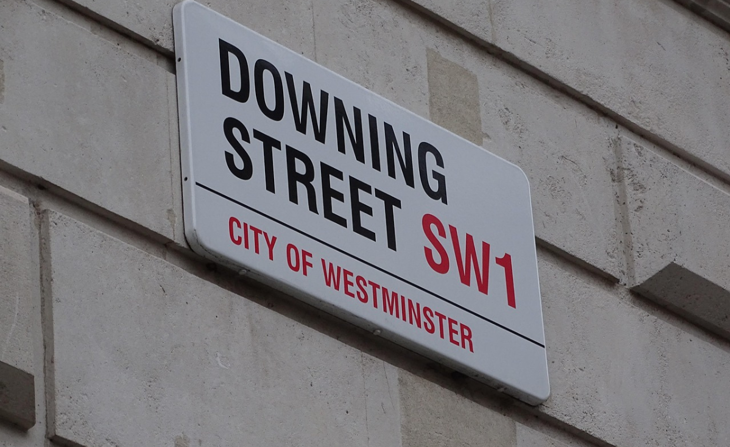 @Pixabay.
@Pixabay.
The International Monetary Fund’s (IMF) report this week showed negatives and positives for the UK economy amid its rocky year.
The report said the UK would have the second-fastest-growing economy of the G7 nations this year; however, it also put the country at the top of the list for inflation both this year and in 2026.
Growth is expected at 1.3% this year – up from 1.2% – though it was downgraded for next year. Global GDP growth is forecast at 3.2% from 3% this year, said the IMF.
UK inflation will average 3.4% in 2025 and 2.5% in 2026 before easing to 2% by the end of next year, which could affect the Bank of England’s Monetary Policy Committee’s decision on lowering interest rates at upcoming meetings.
This will affect UK institutional investors because higher inflation erodes the value of returns. However, it could see interest rate cuts stall, which would enable some ‘higher for longer’ benefits.
Please Login or Register for a free account to view this content. Benefits of registering include: